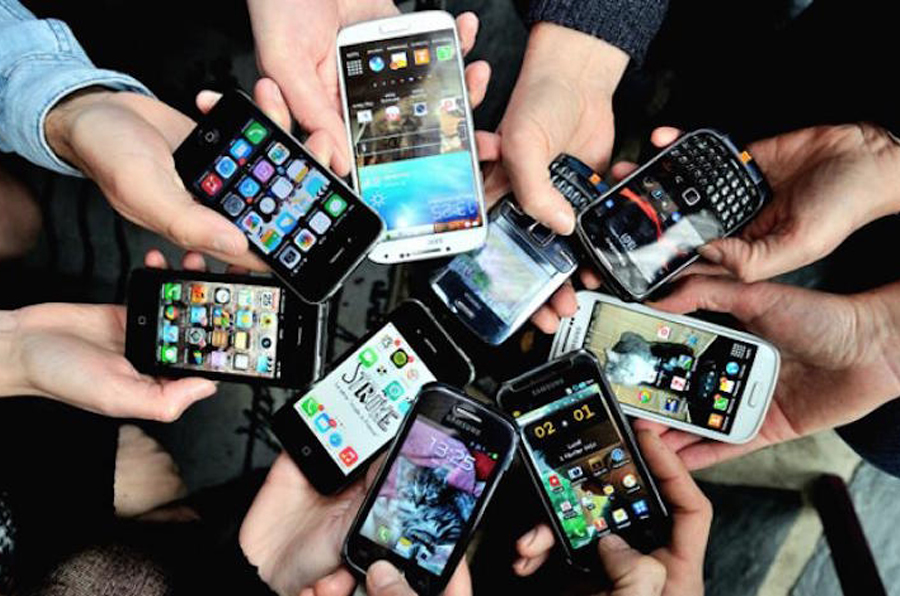We’ve all heard the rumors about the effects of mobile phones on your health; but Scientific American suggests that these claims might be more sensational than we once believed.
In an article released by the Scientific American today, according to John Boice (the President of the National Council on Radiation Protection) the claims made by the National Toxicology Program about radio frequencies and radio waves are very limited in scope, and nearly impossible to truly interpret. Further evidence of these studies was only performed on mice; so the results can’t actually provide any guidance or substance.
The National Institute of Health Cannot Form a Real Conclusion on the Subject
Because of that fact, the top scientists at the National Institute of Health are “unable to accept the author’s’ conclusions” on the studies. In fact, they suggest that evidence is proving more and more that mobile phones don’t actually cause brain tumors in humans.
The Studies Weren’t Replicated or Consistent, Scientific American Says
While the NTP experiment was one of the best experiments published, it’s still very limited. Control rats typically have shorter lifespans and worse overall health, too. Most of the control rats used in the NTP experiment never even developed tumors, and died before the end of the experiment.
More issues arise when you consider the “heat” generated by cell phones comes from the battery and not the phone itself. This means that the “possible carcinogenic classification” was defined as ‘possible’, which is the same classification as pickled veggies and coffee.


